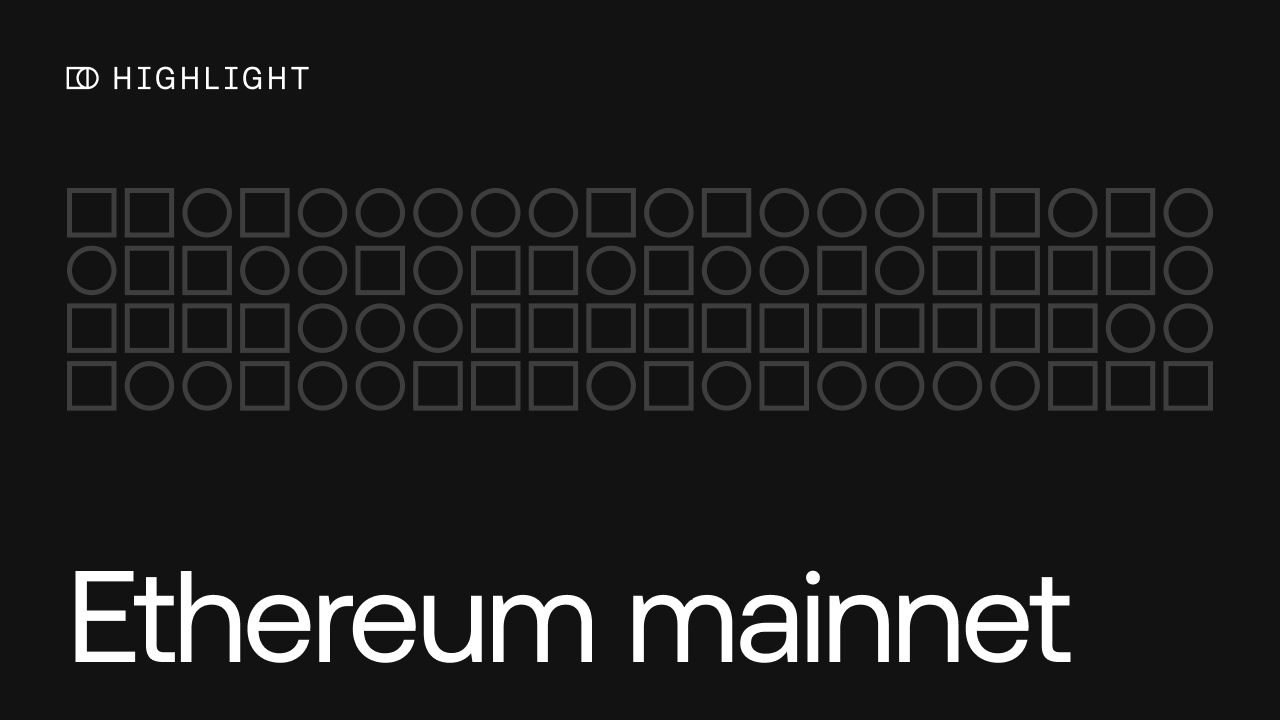Ethereum mainnet

Ethereum has played a significant role in the emergence and proliferation of non-fungible tokens (NFTs). Ethereum is a decentralized, open-source blockchain network that enables the execution of smart contracts, which are self-executing contracts with the terms of the agreement directly written into code.
NFTs, as unique digital assets, are predominantly built on the Ethereum blockchain. Ethereum's support for smart contracts allows developers to create and deploy NFTs as tokens on the Ethereum network. The ERC-721 standard, introduced in 2017, is one of the most commonly used token standards for NFTs on Ethereum. It provides the necessary functionality to represent and manage unique tokens, making it suitable for digital art, collectibles, and other unique assets.
Ethereum's underlying technology, including its consensus mechanism and virtual machine, provides the foundation for the security, transparency, and immutability that NFTs require. By leveraging Ethereum, creators can tokenize their digital assets, such as artwork, music, videos, and virtual real estate, and issue them as NFTs.
The Ethereum blockchain acts as a decentralized ledger that records the ownership, provenance, and transaction history of NFTs. This ensures that each NFT has a transparent and immutable record of ownership, which can be verified by anyone on the blockchain.
Furthermore, Ethereum's smart contract functionality allows for additional features and capabilities to be embedded within NFTs. This includes royalties, allowing creators to receive a percentage of future sales each time the NFT is resold on secondary markets. Smart contracts also enable programmability, enabling dynamic behaviors, interactive experiences, and conditional logic within NFTs.
Ethereum's popularity and established ecosystem have led to the majority of NFT projects and marketplaces being built on its platform. Well-known NFT platforms like OpenSea, Rarible, and SuperRare operate on the Ethereum network, facilitating the buying, selling, and trading of NFTs.
However, it's worth noting that Ethereum's scalability limitations, specifically high fees and network congestion during periods of high demand, have led to the exploration of Layer 2 scaling solutions and alternative blockchains for NFTs. Nonetheless, Ethereum remains a foundational and prominent platform for NFTs, playing a crucial role in their creation, storage, and transfer.